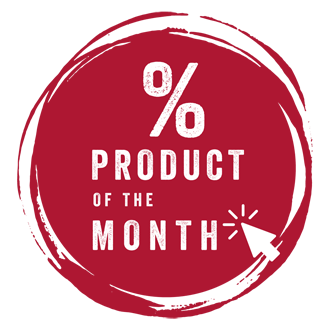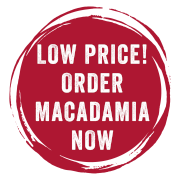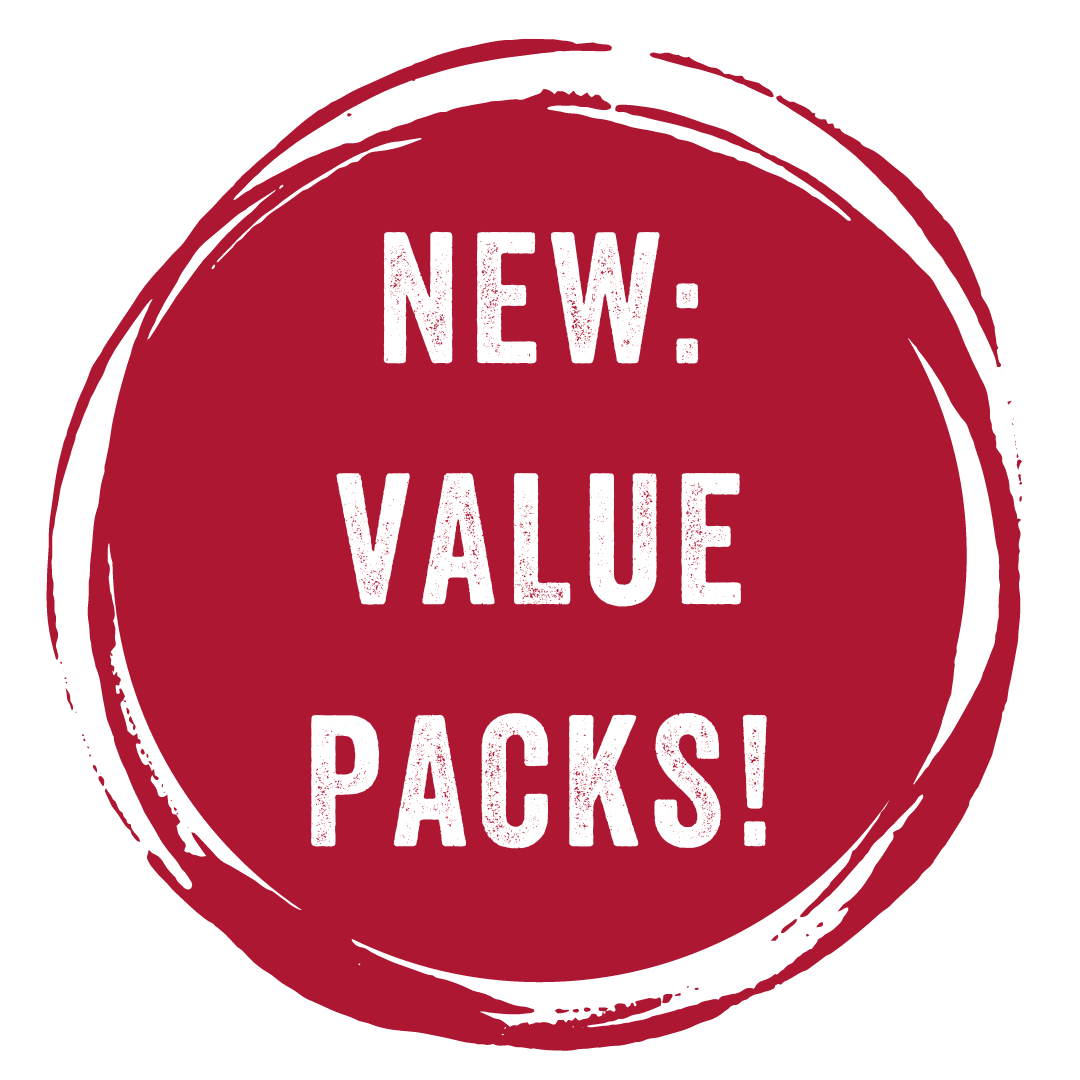Plastic-free packaging
We call for a peaceful revolution and ban disposable
plastic from our consumer packaging, because we start
with a plastik-free alternative!
Our solution is a 100% garden compostable foil.
Currently, this is the most
evironmentally friendly, sustainable and grandchild-friendly
answer
to the plastik problem, if packaging cannot be completely dispensed with.
Step by step we are converting all items in our consumer range to the innovative material.
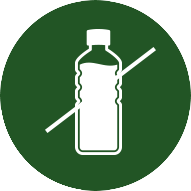
Plastic-free
Plastic-free also means free from microplastics.
This protects the environment and ourselves.

Garden compostable
The bag degrades in a natural environment within 180 days without leaving any residue.

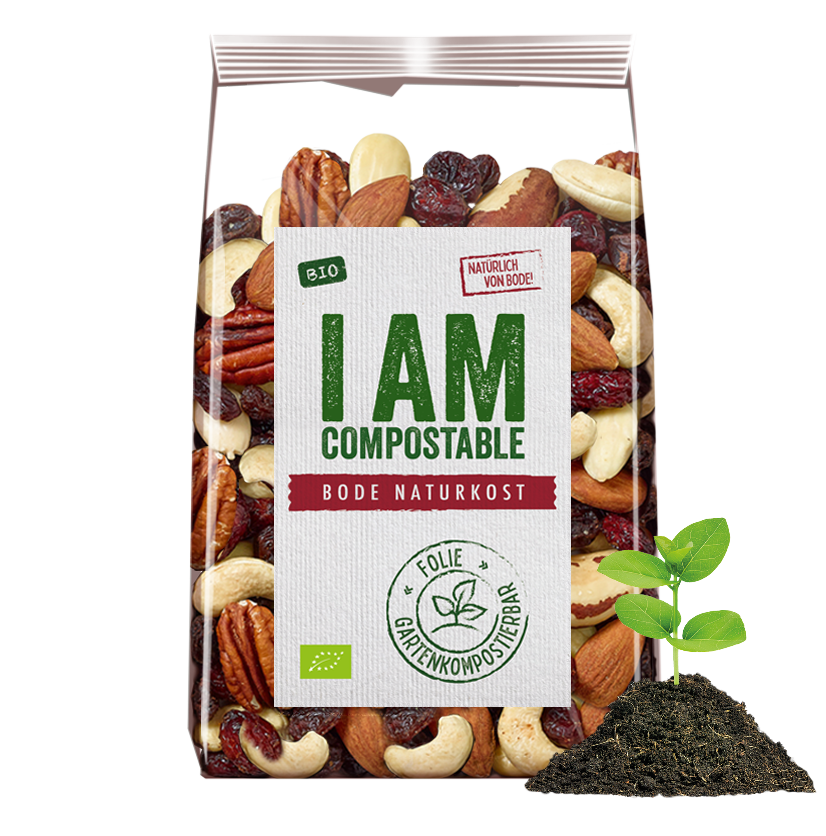

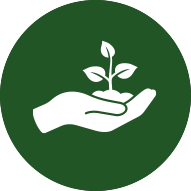
Cellulose Base
The foil, made predominantly from renewable raw materials, is currently the most sustainable alternative to plastic packaging and provides optimum protection for our products.
Garden compostable:
why is this more environmentally friendly?
The raw material for the base consists of cellulose and is obtained from residual and waste wood from FSC-certified forestry.
The foil is mainly composed of renewable raw materials, is certified plastic-free and fully recyclable. It's components are certified by TÜV as "home and garden compostable" and are free of harmful substances and genetic engineering
In a natural environment, the foil composts in 180 days to water CO2 and biomass, which are returned to the cycle.
Currently, this material represents the highest environmental standard. No microplastics are produced when the foil is degraded.
As the foil is made of several layers, it provides optimum protection for our food against external influences and guarantees our high product quality and safety.
Conclusion: It provides natural fertilizer for plants and is also harmless to humans, animals and the environment.
The label for this product line is made of paper and is certified compostable in composting plants.

How do I dispose of the packaging?
Simply put the bag on the garden compost, there it will be completely degraded. Please peel off or cut out the industrially compostable label beforehand. Unfortunately, there is currently no label that is certified for composting in the garden - until then we have to do it this way. Then dispose of the label in the yellow garbage can or residual waste. No compost available? Tips for creating a compost in the garden or a compost box for the home can be found here. Otherwise, the packaging may be disposed of in one of the above-mentioned garbage cans without exception, as it will be incinerated there without causing any pollutants. Unfortunately, the organic waste ordinance prohibits the disposal of packaging in the organic waste garbage can, as many sorting facilities are not yet equipped to distinguish compostable packaging from conventional plastics and compost it. The reason for this is that for most waste disposal companies, the 12-week process of degrading down the foil is too long, because for them the compost is only stored for four to six weeks. During that time, the foil hasn't completely degraded and would have to be screened out at great expense. Possibilities are being worked on - hopefully there will be a change soon!

Is the packaging recyclable?
As a company committed to the environment, one of our goals is to use recyclable packaging
solutions and to act sustainably across the entire value chain.
Packaging should optimally protect our food, ensure a long shelf life,
be GMO-free and additionally preserve resources.
This is possible with this compostable packaging, as composting is the origin of all cycles. This is done independently by nature -
nutrients are recycled and the compost is food for our plants. So the new foil is recyclable and easily disposable.
Thus, we are part of a movement that helps to reduce the impact on the environment.

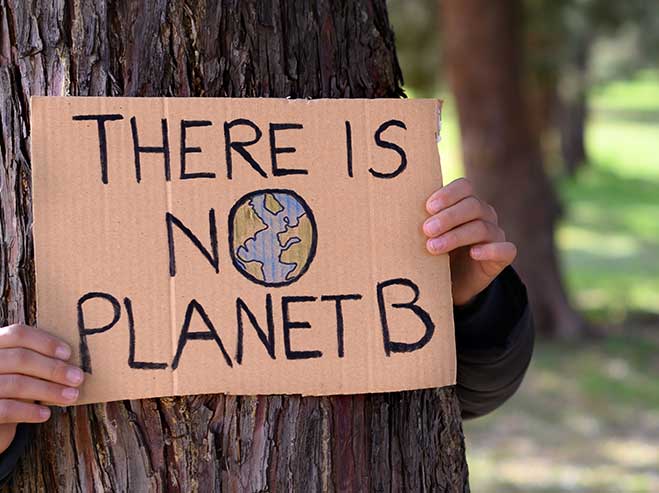
Why do we want plastic-free bags instead of plastic?
In the last 70 years, 9 billion tons of plastic have been produced worldwide. Of these 9 billion tons of plastic, 9% has been recycled and 12% incinerated. The remaining portion is in our environment and enters the food chain.
Firstly plastic breaks down into micro-particles and eventually into nanoparticles, often remaining in the environment for 500 years or more. We are counteracting this developement with our compostable foil and contribute to the reduction of plastic waste on our planet.
Do we already have the ultimate solution?
Compostable foil is a big step away from plastic!
Nevertheless, we will continue to search possibilities to improve our packaging. Therefore we are constantly looking for and are testing alternative materials and working with suppliers of innovative technologies. In addition to product protection and processability,
the very complex path of packaging from raw material to disposal must be considered.

Ready for the packaging-revolution?

Click here for products
in compostable packaging.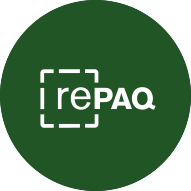
More about our garden compostable
packaging foil on
www.repaq.eu/en/material/.

NABU gives tips on creating a compost
and explains, how you can
build a compost box for your home,
read more here.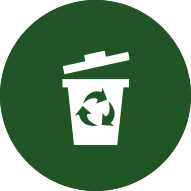
Do you want to save on packaging?
Here you will find valuable
tips for zero waste shopping.
Seedpaq card: what happens after planting?
Have you received a card with a Seedpaq and want to know what happens after planting the package?
Watch the video!
With our Seedpaq made of repaq cellulose film, we want to show and make it tangible that there are alternatives to plastic packaging, which dissolve completely and are returned to a natural cycle.
The Seedpaq consists of 90% cellulose, 5% water, 4% glycerin from vegetable oils and 1% natural binder.
The ink is solvent free and without heavy metals in the pigments.
A card with the Seedpaq can be found in every Bode Bio Box Pimp Your Muesli.



